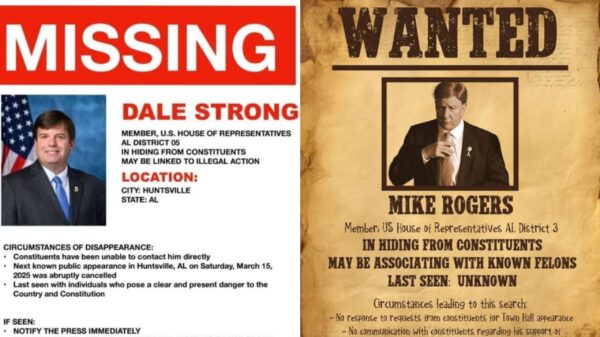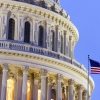By Brandon Moseley
Alabama Political Reporter
Tuesday, July 7, the Commissioner of the Alabama Department of Agriculture and Industries John McMillan (R) called on state leaders to put the BP settlement money in the Alabama Trust Fund instead of using it to shore up the troubled State General Fund (SGF): which funds the courts, Medicaid, prisons, forensics, and the Alabama Department of Agriculture and Industries.
Commissioner McMillan said, “I want to commend Governor Bentley and Attorney General Strange for their efforts in securing this historic settlement on behalf of the people of Alabama. They have successfully negotiated a settlement of $1 Billion in economic damages to be paid out over 18 years, or an estimated sum of $55 million annually.”

Commissioner McMillan explained, “Although I understand the dire need for revenue for the ailing General Fund Budget, I also know that we have an obligation to the people of Alabama to invest their money in the wisest possible manner. The most responsible way to invest this money from the BP settlement is to place all of the money into the ATF in order to invest the money for our future. By investing these funds in the ATF for the specified period of time, Alabama will have a revenue stream that could support a large portion of our General Fund in the future on interest alone. I believe that this is a sound long-term fiscal policy and I encourage the Governor and the Legislature to consider this option.”
The $1 billion economic settlement funds will be deposited in the State’s General Fund over the next 18 years. That is an estimated $55.6 million a year; however the precise allocation of the payments to the General Fund have yet to be determined. The State is also supposed to be receiving approximately $1 billion in settlement monies for natural resource damages and federal penalties over the course of the next 15 years. That is supposed to be earmarked for restoration efforts. Finally the state is to receive $300 million in federal penalties also earmarked for gulf coast restoration projects.
Congressman Bradley Byrne (R-Montrose) has been increasingly vocal in his criticism of the plan. Rep. Byrne wrote recently, “It appears that less than half of the money Alabama received from the BP settlement will actually be going to the Gulf Coast. Even worse, of the money that is coming to our area, a significant portion of it will be under the control of the federal government. The more I learn about this settlement the more it seems like Alabama’s Gulf Coast got a really bad deal.”
State Auditor Jim Zeigler (R) also come out for the trust fund idea. Zeigler said in his own statement, “The easiest stewardship strategy for the BP money is to simply deposit it into the Alabama Trust Fund. Again, it can benefit our state forever by interest earned and on a shorter term by financing a bond issue. The devil is in the details. Raids of the trust corpus should not be allowed. A separate trust fund could be considered specific to the BP funds.”
The legislature is expected to be called back for a special session by Gov. Robert Bentley (R) on August 17 to address the General Fund budget situation. The legislature passed a 2016 SGF budget that cut $198 million from the 2015 fiscal year SGF. Gov. Bentley has said that he wants $537 million a year in new taxes to fully fund the SGF going forward as well as pay off some lingering debts to the Federal government as well as to the Alabama Trust Fund, which voters chose to raid in a 2012 referendum.
One idea being widely discussed is imposing a tax on tea, coffee, soft drinks, sports drinks, and other beverages. A group has already sprung up to stop the new beverage tax. In a statement they wrote recently, “We believe what we eat and drink should be up to us—not politicians!”
This is McMillan’s second term as Commissioner of Agriculture and Industries.



















































